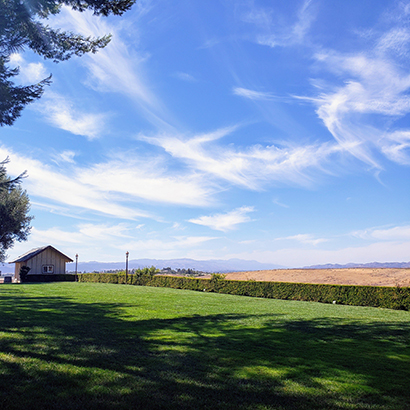Rural Disability Hub for COVID-19 Vaccination Outreach

Our mission is to facilitate locally relevant outreach to encourage people with disabilities in rural areas, and those closest to them, to make safe and informed choices about their health. We work with trusted partners to: 1) curate community-informed educational resources about COVID-19 ; 2) develop recommendations for addressing barriers and hesitancy to COVID-19 vaccination; and 3) share useful and relevant information about COVID-19 with local community leaders throughout Montana, North Dakota, South Dakota, Wyoming, Colorado, and Utah.
Overview
The materials in this overview demonstrate what we have learned thus far from discussions with rural disability leaders and various partner organizations, as well as the body of COVID research and our own experiences conducting rural outreach. Although we recognize that COVID presents a dynamic situation, these materials illustrate our lessons learned and best practices for COVID outreach in rural communities at this time.
- Rural Disability Hub Presentation
- A recording of a webinar with National Association of County and City Health Officials (NACCHO) presenting the Hub’s activities and resources. This video provides a brief overview of the intersection of COVID-19 and disability, the purpose of the Hub, and highlights of the work we have done.
- Rural Practice Guidelines: Creating Rural Community Outreach Materials Related to COVID-19 and Disability
- This publication represents the most prominent recommendations for rural outreach materials from our rural disability leaders. These stakeholder recommendations are divided into four overarching categories: messaging, personal choice and control, universal public health guidance, and local values and voices.
- Deep Conversations Exercise
- We developed this exercise in response to Rural Disability Leaders’ feedback on hesitancy to have conversations about COVID in their communities. This approach is based on evidence-based research and provides practice exercises for community discussions on difficult topics.
Communication Resources for Rural People with Disabilities
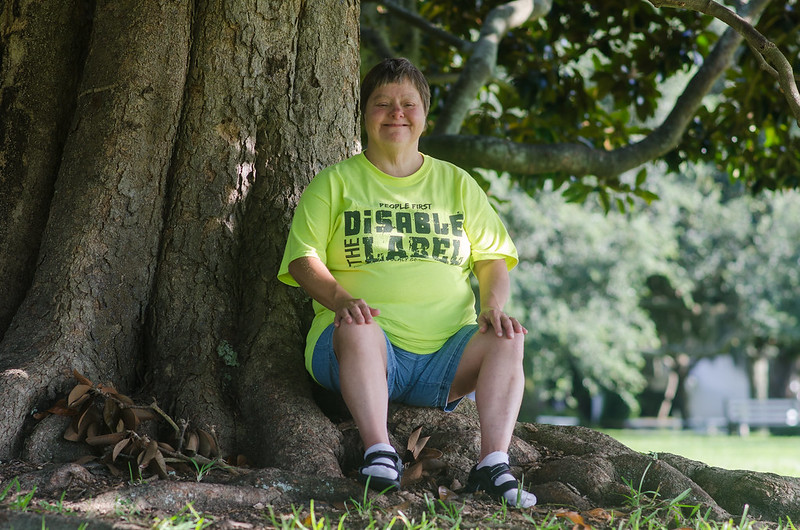 Materials in this collection include content specifically for people with disabilities including plain language and large print formats.
Materials in this collection include content specifically for people with disabilities including plain language and large print formats.
- People with Disabilities and COVID-19: Some quick facts about how COVID-19 can impact people with disabilities.
- Why are COVID-19 Vaccines Important?: A quick one-pager about why COVID-19 vaccines are important.
- COVID-19 Information By and For People with Disabilities: Information about COVID relevant to people with disabilities, created by people with disabilities.
- COVID-19 Vaccine Plain Language Flyer: A plain language guide to understanding COVID vaccines.
- COVID-19 Vaccine Guide Easy Read Version: Large print guide to understanding COVID vaccines.
- Questions About COVID-19 Vaccines: Your questions about COVID vaccines answered!
- Fear of Needles: Being Afraid of Needles is Normal. Many people have a fear of needles. It is okay to be afraid. You can talk to a health professional or someone else you trust about how you feel.
- Communication Card: A tool to help deaf/hard of hearing individuals communicate with vaccination clinic staff.
- Facts About COVID Vaccines Video
- COVID Vaccines and People with Disabilities Video
- Making Healthcare Decisions with Anna Video
- Why I Got Vaccinated Video 1
- Why I Got Vaccinated Video 2
Communication Resources for Rural Direct Support Professionals
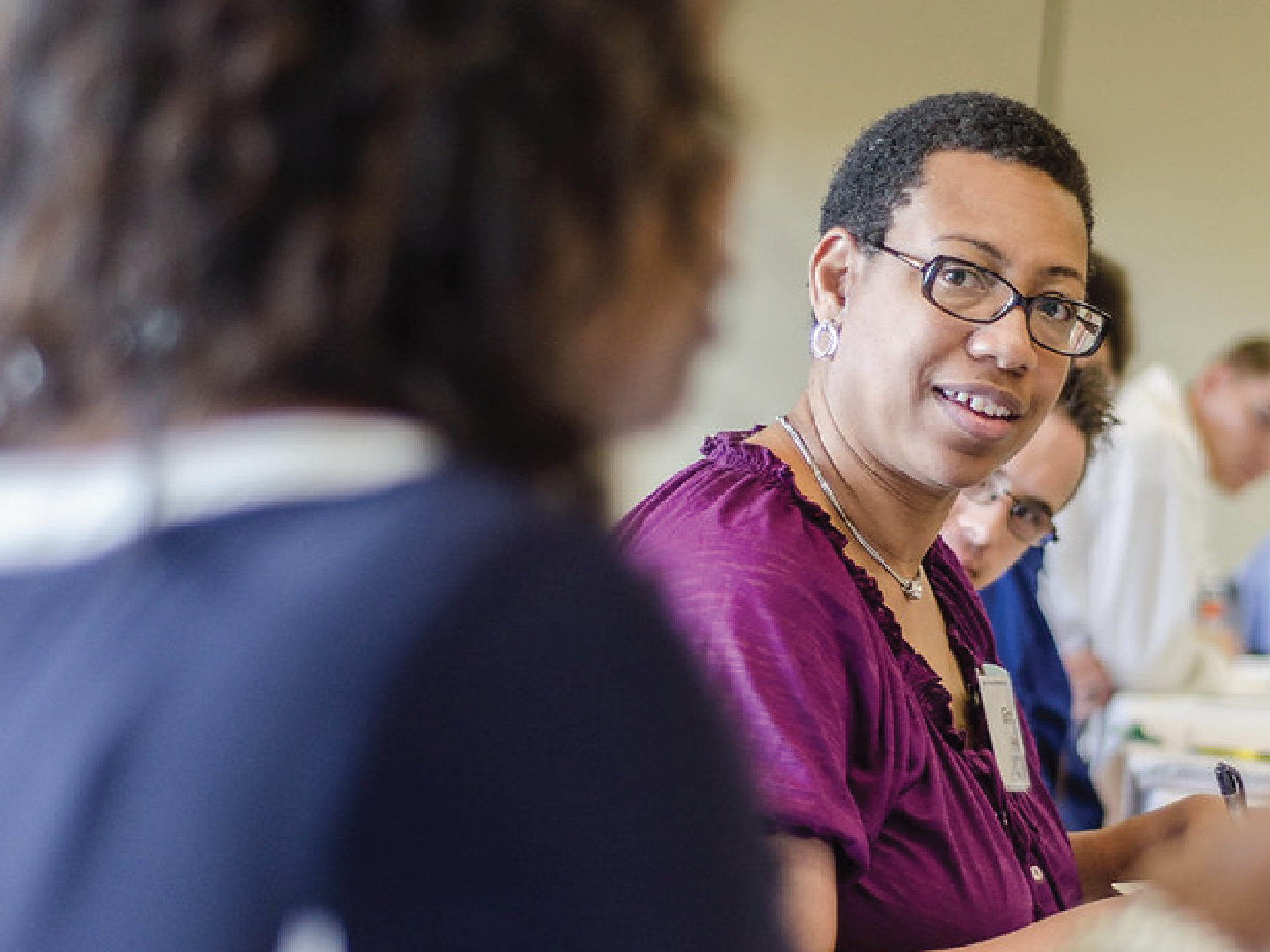 Materials in this collection are targeted toward Direct Support Professionals who work closely with disabled people.
Materials in this collection are targeted toward Direct Support Professionals who work closely with disabled people.
Communication Resources for Rural Community Members

Materials in this collection are aligned to fit with rural community values and highlight vaccine education and personal health choices.
- Vaccines can reduce your risk of hospitalization Video
- Honest Answers about COVID-19
- Learn, Understand, Decide printable brochure
- Learn, Understand, Decide printable brochure for families and parents
- Learn, Understand, Decide poster – white woman
- Learn, Understand, Decide poster – black woman
- Learn, Understand, Decide poster – white senior woman
- Learn, Understand, Decide poster – white man
- Learn, Understand, Decide poster – black man
- Learn, Understand, Decide poster – white senior man
- Learn, Understand, Decide poster – family
Outreach Resources for Local Leaders
 We help support vaccine education and confidence through local leaders and trusted providers. These key messengers use their local connections to help people with disabilities, their friends/family/neighbors, and direct support professionals learn more about COVID-19 and vaccination so they can choose safe decisions about their health. The materials in this collection provide tips for conducting on-the-ground outreach in your rural communities and FREE training courses about having respectful and compassionate conversations about COVID-19 and vaccination.
We help support vaccine education and confidence through local leaders and trusted providers. These key messengers use their local connections to help people with disabilities, their friends/family/neighbors, and direct support professionals learn more about COVID-19 and vaccination so they can choose safe decisions about their health. The materials in this collection provide tips for conducting on-the-ground outreach in your rural communities and FREE training courses about having respectful and compassionate conversations about COVID-19 and vaccination.
- Talking Points for Rural Leaders: Some helpful tips from the National Rural Health Association about how to focus communication on rural community values.
- Changing the Conversation: Effective communication is always important in public health, but it’s never been more important to understand the perceptions of Americans and modify your language accordingly.
- Rolling with Resistance: Some guidance about how to use strategies from Motivational Interviewing to navigate resistance and hesitancy.
- Talking Points and Disability: Talking points can help you know what to say when you talk to local community members about getting the COVID-19 vaccine. You can use these talking points to have conversations with everyone in your community – including people with disabilities.
- Working with Your Community: Here are some tips on how to talk to different people and groups in your community about the COVID-19 shot. You should always feel safe and prepared when having these conversations.
- COVID Vaccine Ambassador Training – How to Talk to Parents: This FREE training course prepares parents, PTAs, community members, and school staff to be able to share knowledge about COVID-19 and the COVID-19 vaccine, engage in conversations about vaccine hesitancy in a respectful and empathetic way, and direct people to credible sources for further information about COVID-19 vaccines.
*Please note, you will need to create an account, but this course is free. - Motivational Interviewing 101 for Vaccine Hesitancy: This FREE six-lesson course will introduce the foundations of Motivational Interviewing, provide examples of how you can use MI to support people to get the COVID-19 vaccine and offer additional resources for future learning.
*Please note, you will need to create an account, but this course is free.
READY to get vaccinated… or have other questions/concerns?
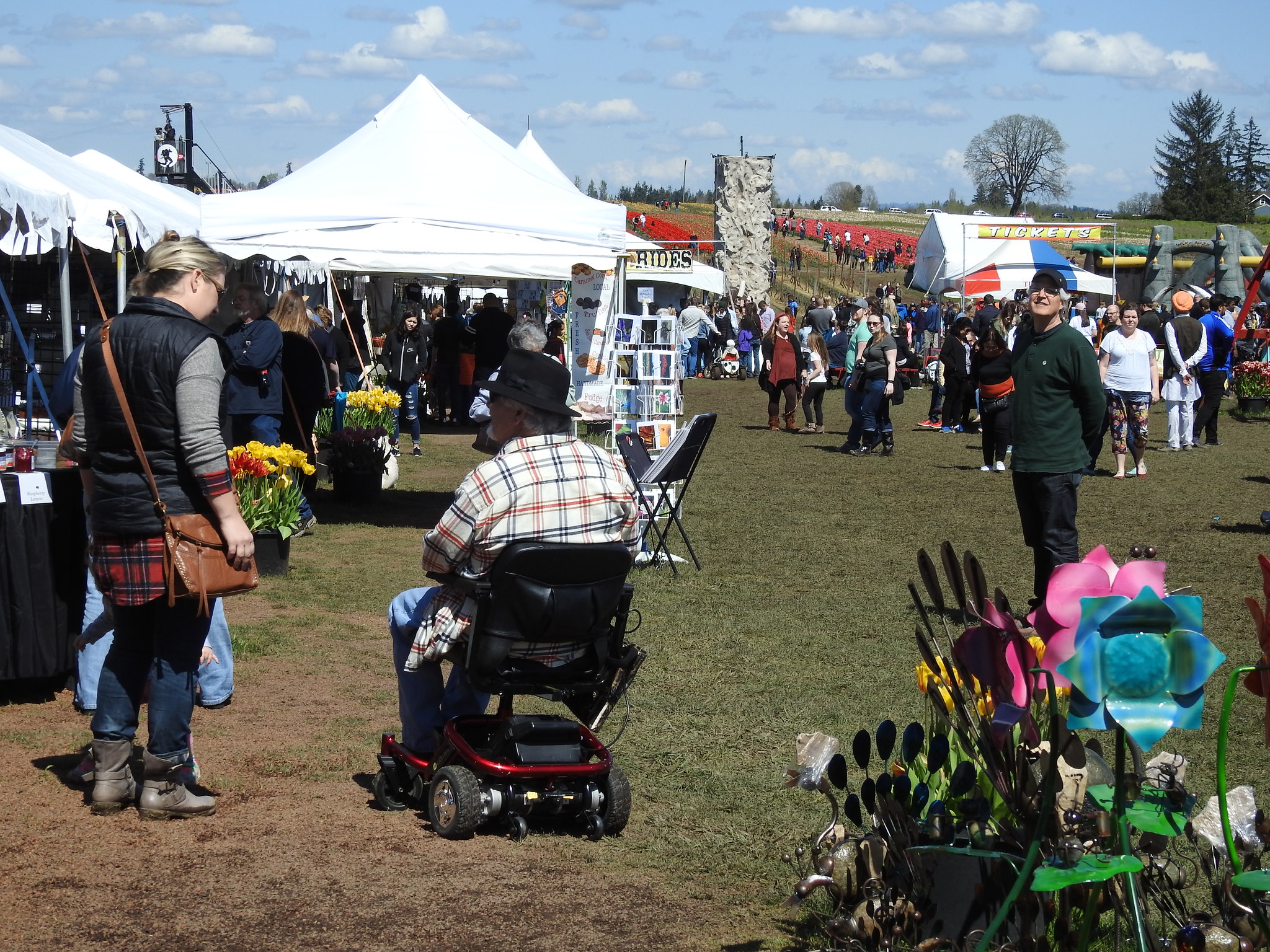 Call DIAL at 888-677-1199 (Monday – Friday, 7 a.m.-6 p.m. Mountain Time) or email DIAL@usaginganddisability.org to find your nearest vaccination site, make an appointment, and arrange transportation!
Call DIAL at 888-677-1199 (Monday – Friday, 7 a.m.-6 p.m. Mountain Time) or email DIAL@usaginganddisability.org to find your nearest vaccination site, make an appointment, and arrange transportation!
For Deaf and hard-of-hearing callers: 800-677-1199. (People who use TTY relay can first dial 7-1-1, and then relay the 800-677-1199 number.)
More About Us
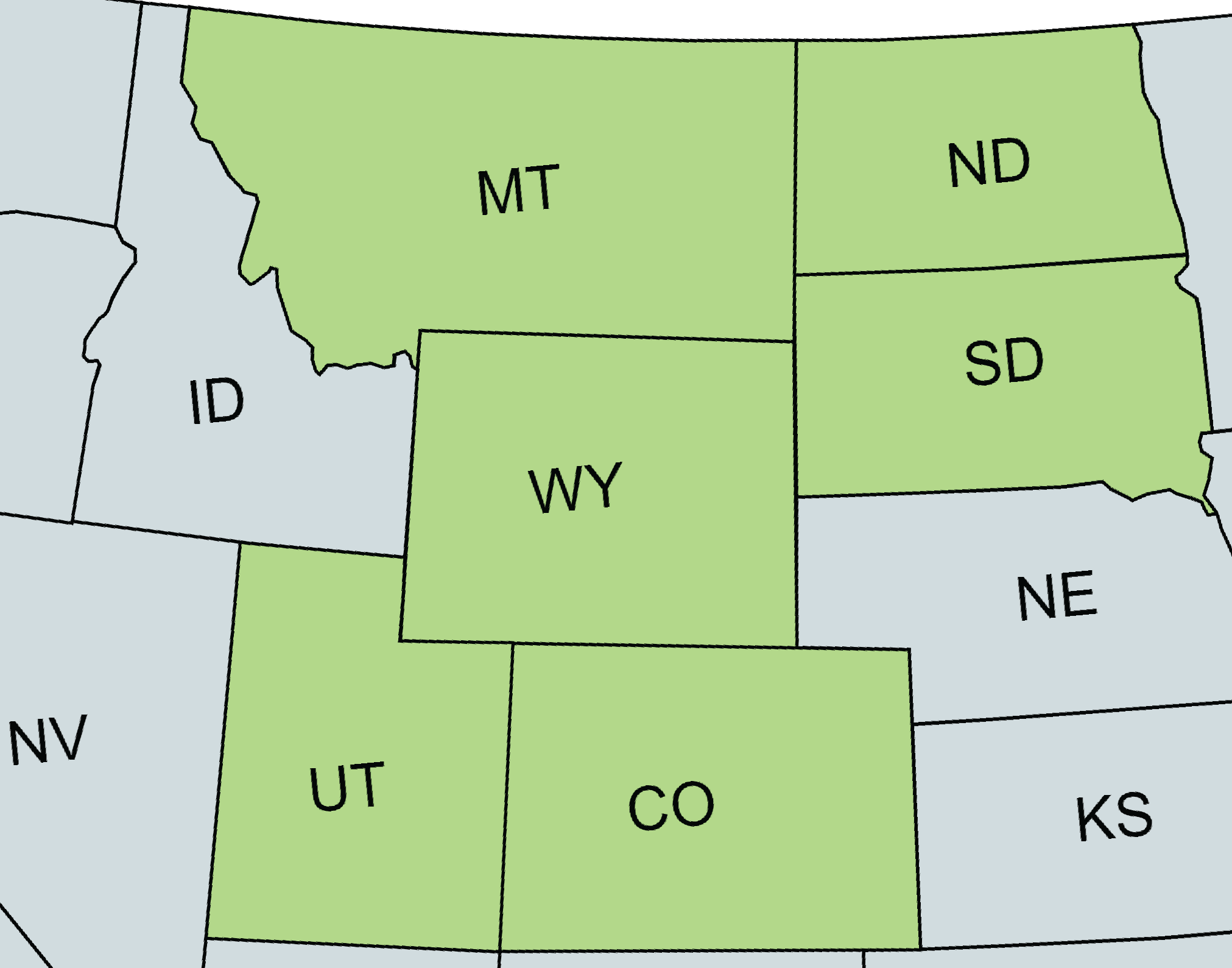 The Rural Disability Hub for COVID-19 Vaccination Outreach is a partnership with the Association of University Centers on Disabilities and rural disability leaders throughout Montana, North Dakota, South Dakota, Wyoming, Colorado, and Utah. The Hub develops and disseminates rural outreach materials and strategies through multiple partners including disability organizations, public health professionals, health care providers, and community leaders.
The Rural Disability Hub for COVID-19 Vaccination Outreach is a partnership with the Association of University Centers on Disabilities and rural disability leaders throughout Montana, North Dakota, South Dakota, Wyoming, Colorado, and Utah. The Hub develops and disseminates rural outreach materials and strategies through multiple partners including disability organizations, public health professionals, health care providers, and community leaders.
If you’re interested in learning more about our HUB, contact Andrew Myers via email andrew.myers@mso.umt.edu or phone 406-243-4683.
Disclaimer: COVID-19 is an ongoing pandemic. We recognize that the best available evidence changes over time. The information in these resources focuses on key stable messages that have remained (mostly) consistent throughout the course of the pandemic. The information on this page come from various sources, some of which were slightly modified from their original versions to align with updated CDC guidelines and our Rural Practice Guidelines. The content may be updated as time and resources allow. If you have any difficulty with accessibility, please reach out to us directly at the contact information below.
Resource Lists
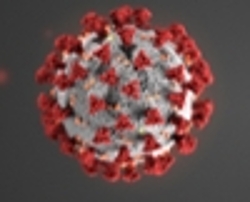 Updated June 2, 2022
Updated June 2, 2022
COVID-19 Resources
A short list of resources and information for the disability community.
